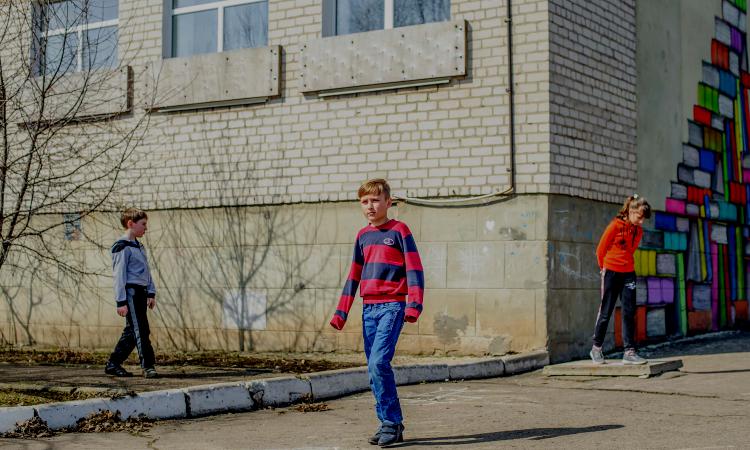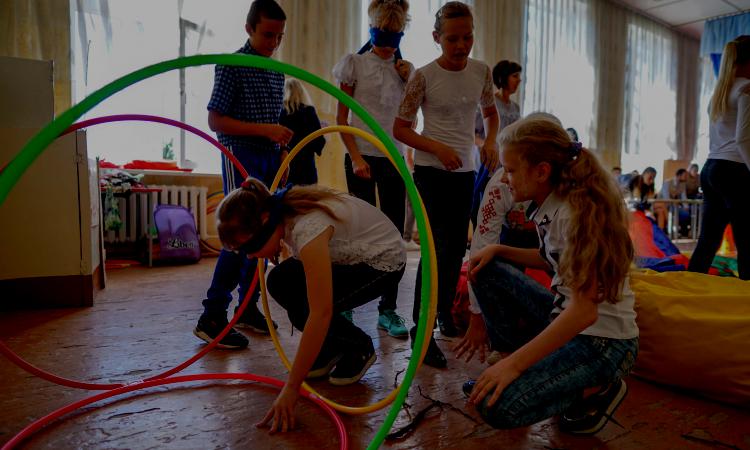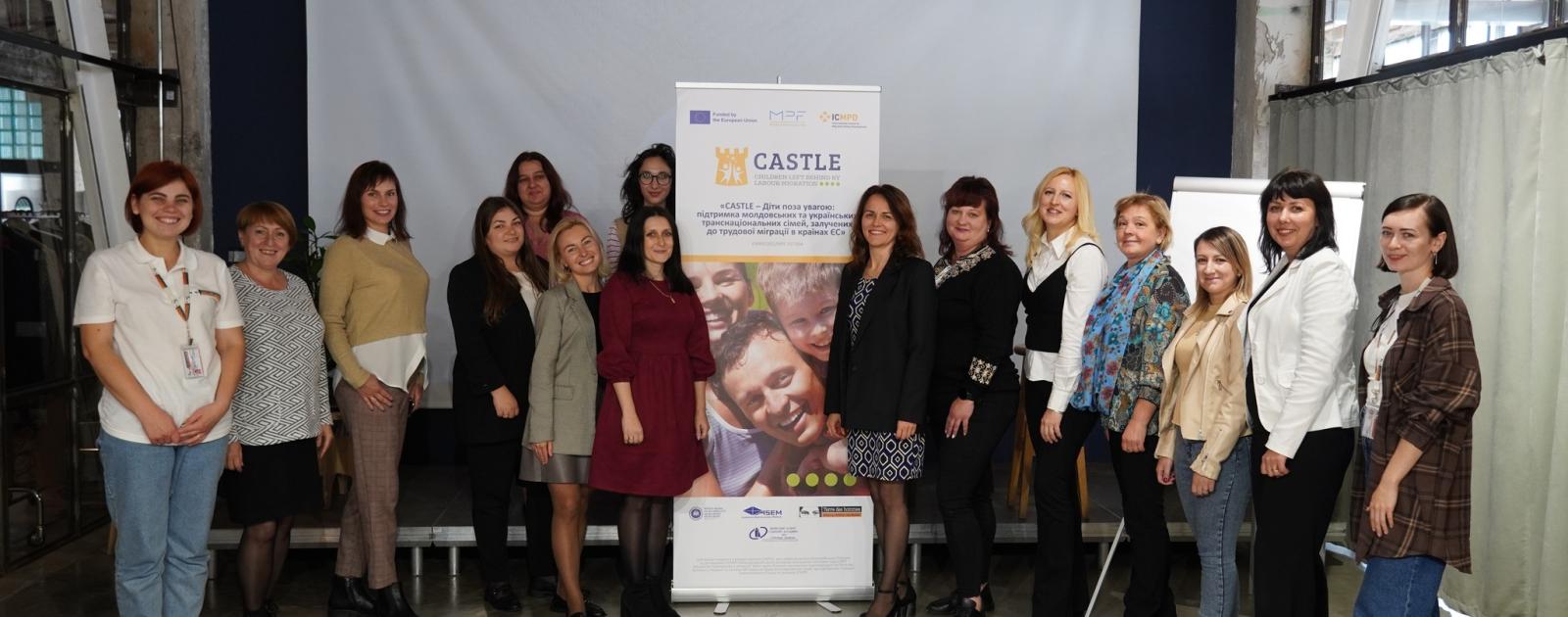
Usually, migration of parents to other countries improves the financial situation of the family, but on the other hand it causes increased conflicts in the family, alienation and various misunderstandings, and the traditional needs of adolescent children remain unsatisfied.
Yesterday we invited 12 specialists of social services, children's services and representatives of city councils of Ivano-Frankivsk region to a presentation session to discuss the recommendations that were developed during the study of transnational families.
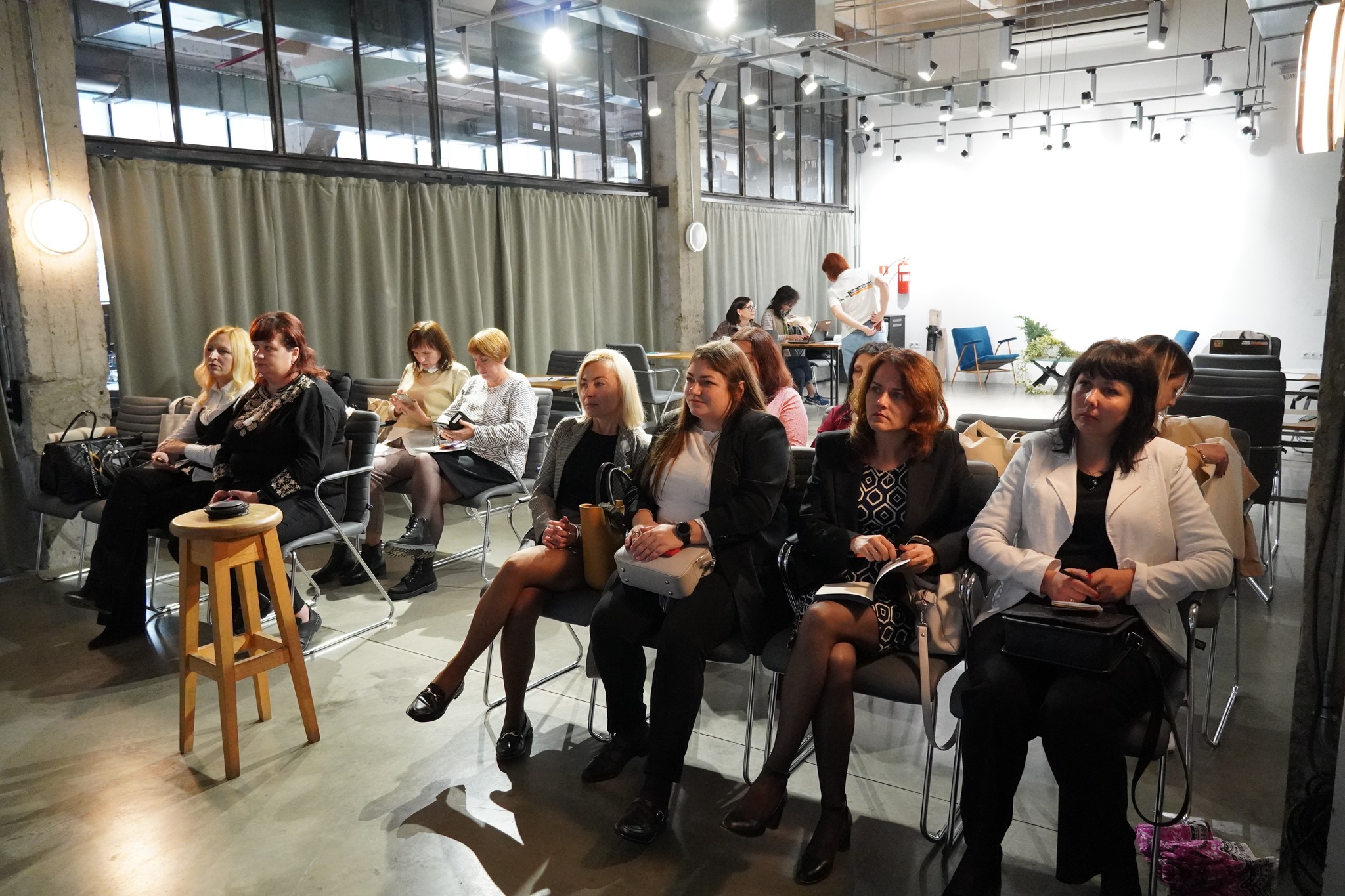
It should be reminded that the study of transnational families, in other words, families in which one of the parents is a labor migrant, was conducted by three academic institutions in Ukraine and Moldova within the framework of the CASTLE project - Babes Baiai University of Cluj (Romania), Academy of Economic Studies of Moldova and Ukrainian Institute for Social Studies named after O. Yaremenko (UISR).
During the meeting, the participants learned more about the CASTLE project, heard the main results of the study of transnational families in Ukraine from the representative of USSI and, by modeling the situation according to the group, presented their recommendations, which in one way or another complemented those developed after the study.
We invite you to read the policy brief, which reveals the causes of migration, risk factors for families, with whom children stay, how to communicate with migrant parents, and the impact of migration on children and adolescents at the link ![]() https://bit.ly/3BVk8LM. It also includes recommendations on child protection policies that can be adapted in Ukraine.
https://bit.ly/3BVk8LM. It also includes recommendations on child protection policies that can be adapted in Ukraine.
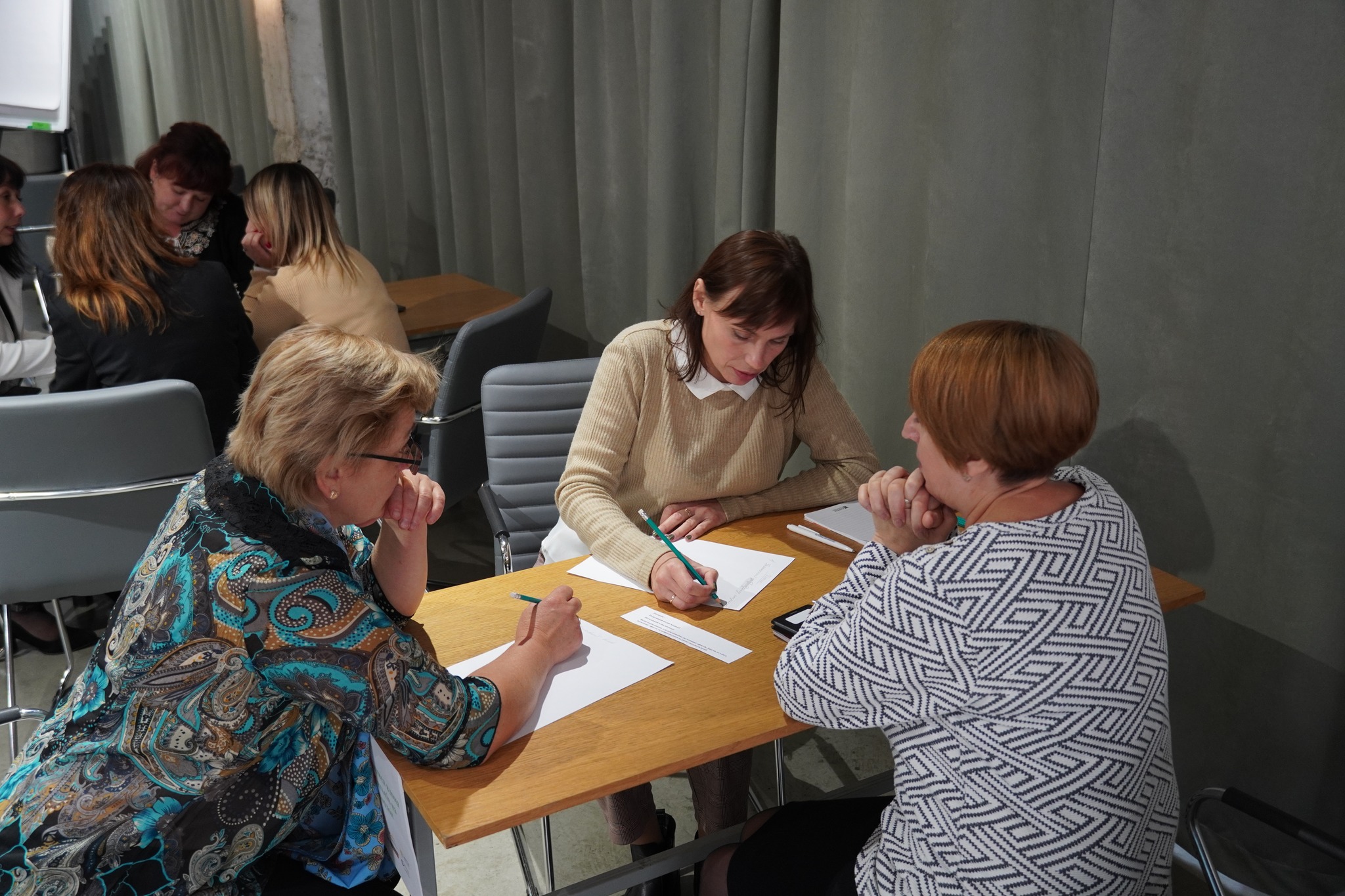
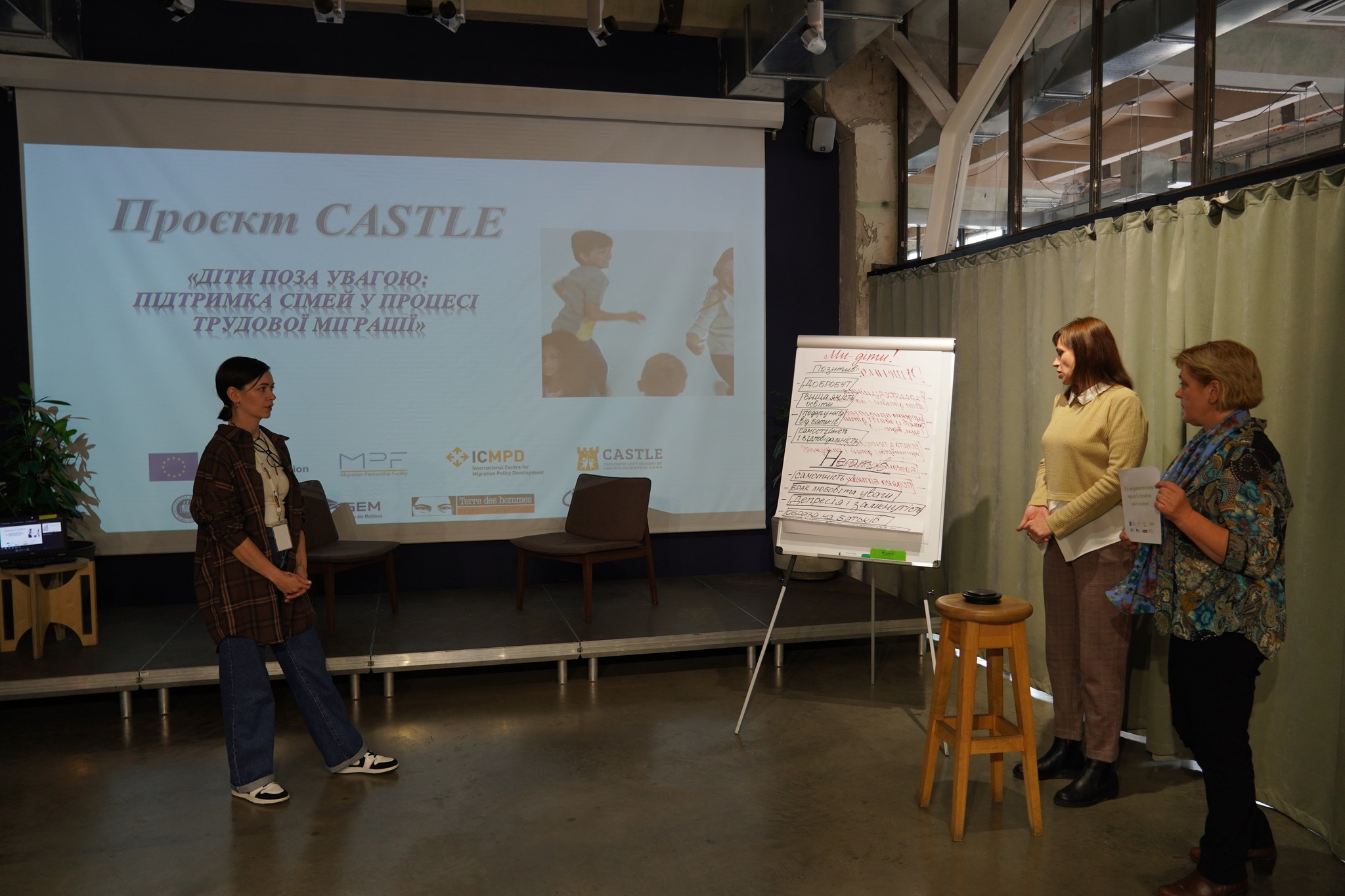
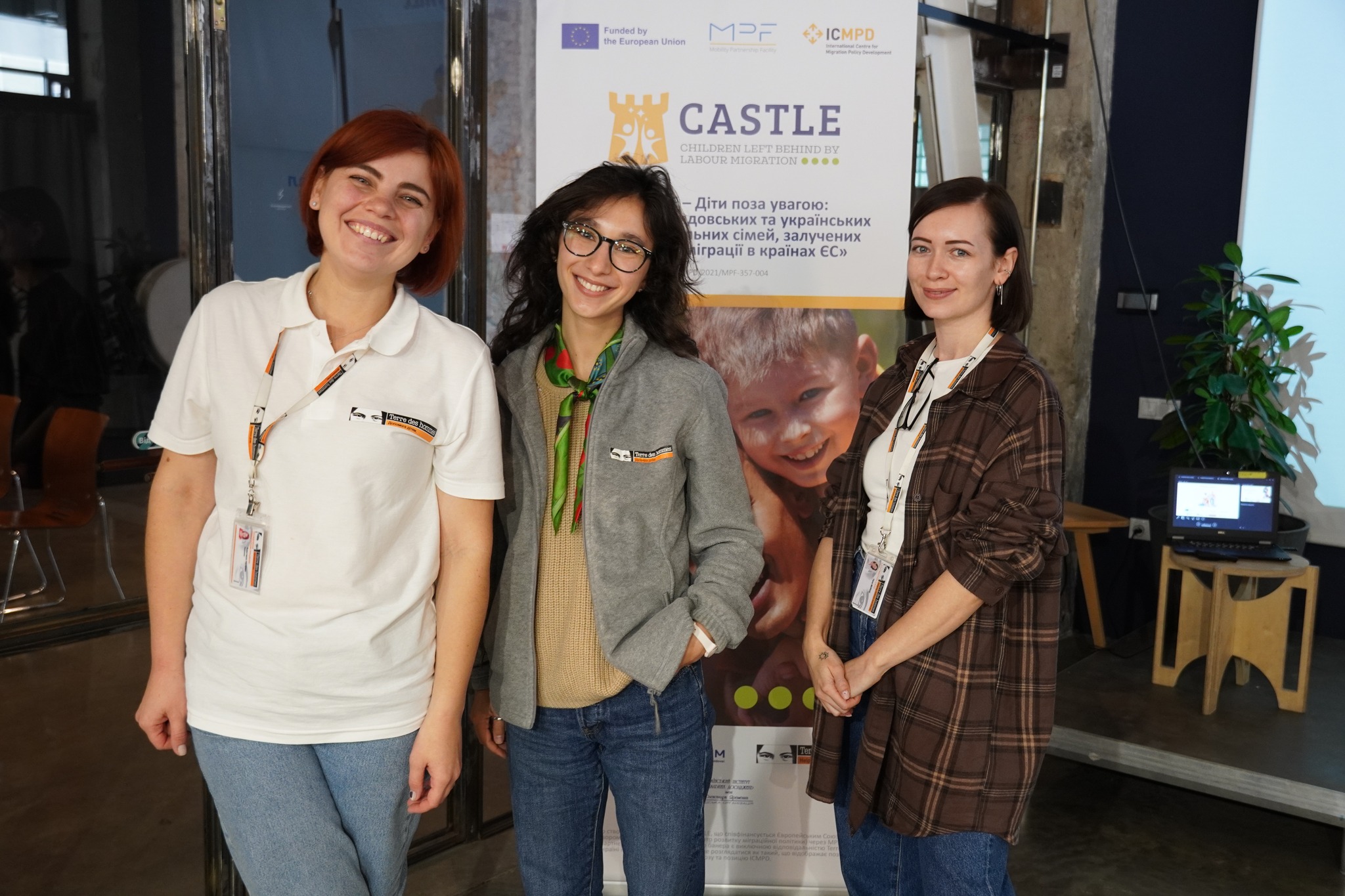
CASTLE action "Children left behind by labour migration", co-funded by the European Union, contracted by the International Centre for Migration Policy Development (ICMPD) through the Migration Partnership Facility.
